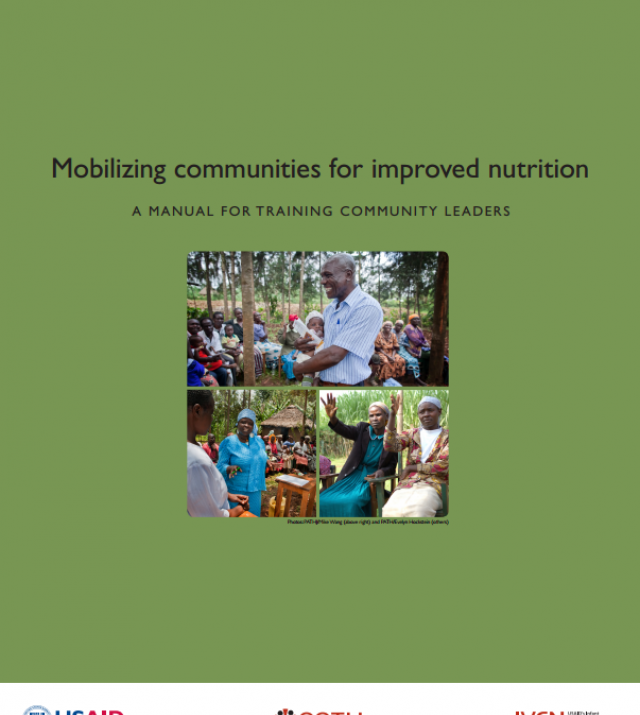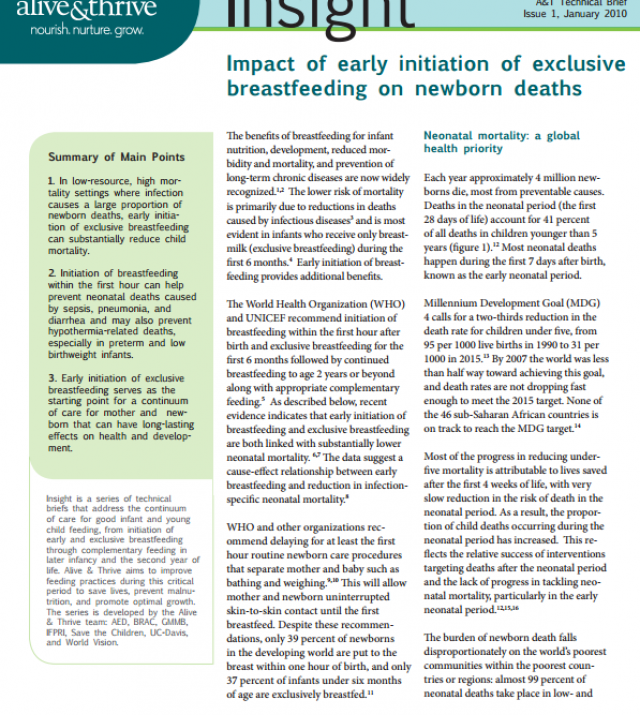
Maternal, Infant and Young Child Nutrition (MIYCN) Working Group: Using the Code of Marketing of Breast-milk Substitutes to Guide the Marketing of Complementary Foods to Protect Optimal Infant Feeding Practices

The focus of this Working Paper is on such commercially produced complementary foods and supplements and aspects of their marketing in relation to the protection of optimal breastfeeding practices. It provides clarification on how the marketing of commercially produced complementary foods and supplements can conform to the International Code of Marketing of Breast-milk Substitutes (hereafter referred to as “the Code”) and subsequent relevant World Health Assembly (WHA) resolutions, including aspects of promotion and labelling. Product promotion refers to advertising, offering of information about a product, distribution of samples, in-store promotions, and any other method used to encourage the sale or use of a product.
The Code is an indispensable tool aimed at protecting, promoting and supporting breastfeeding in infants and young children, and promoting optimal feeding during the first two years of life. The Code applies to the marketing of breast-milk substitutes, feeding bottles and teats. The term breast-milk substitutes includes any food being marketed or otherwise represented as a partial or total replacement for breast milk, whether or not designed for that purpose. Some aspects of marketing commercially produced complementary foods also fall under the Code and as such producers should be aware of and adhere to the Code and its provisions to ensure that such products are marketed in a way that supports (and does not undermine) optimal breastfeeding practices, including exclusive and sustained breastfeeding.

